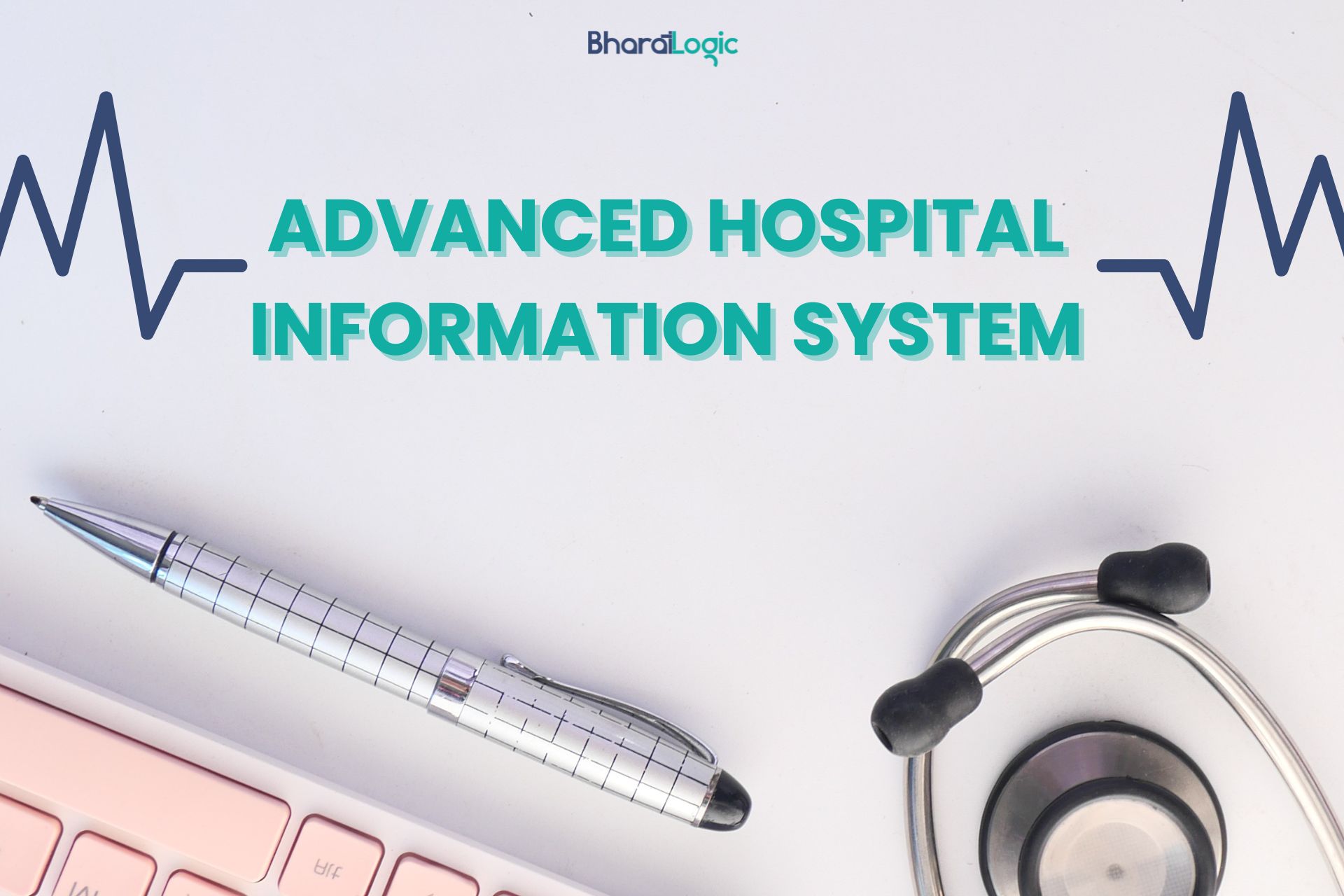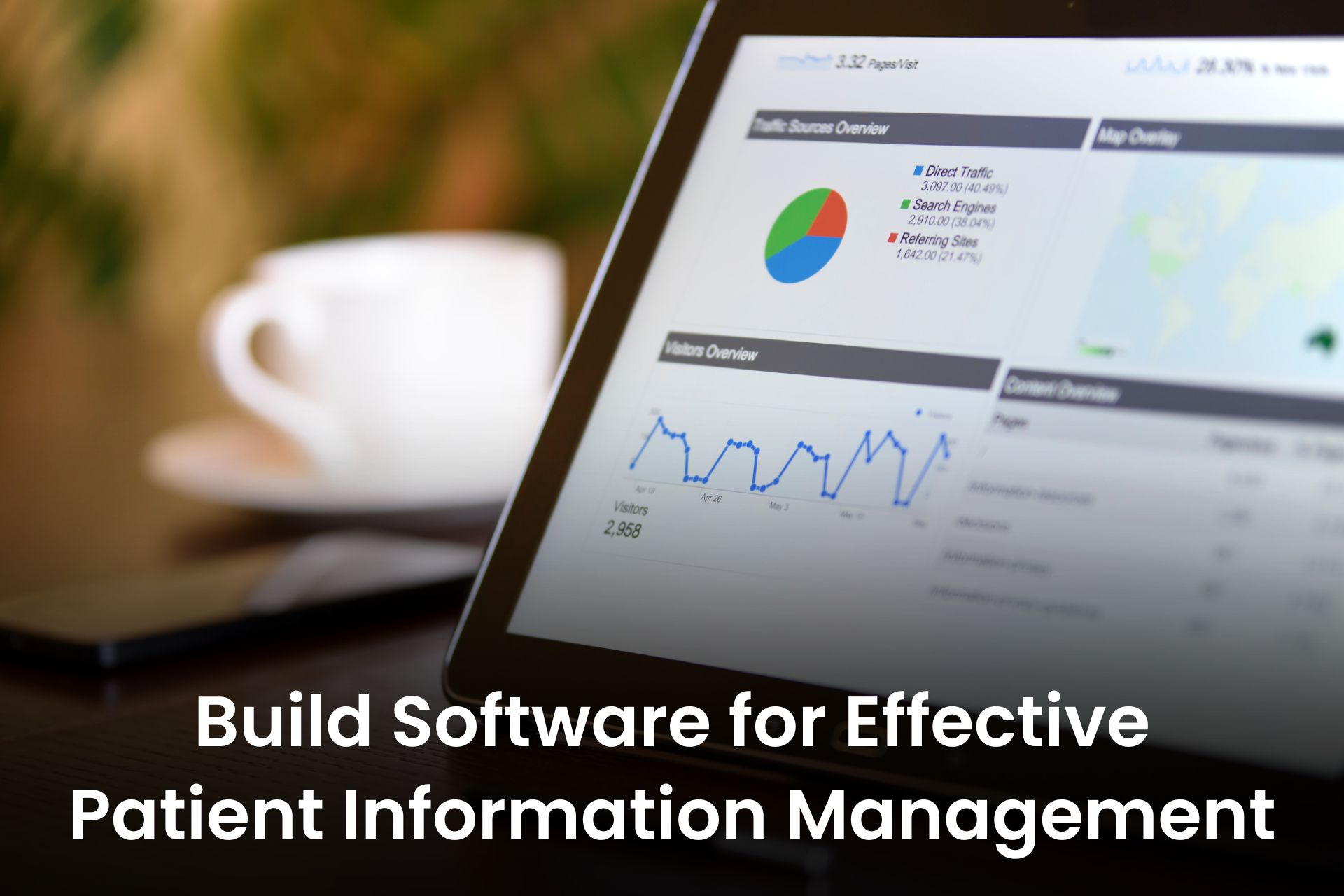Optimizing Care Operations with an Advanced Hospital Information System
Value-based care in healthcare is evolving with the integration of advanced technologies such as hospital information systems. These systems enhance patient care by streamlining operations across various departments and automating management processes.
With the necessity for hospitals to modernize their systems has become more crucial than ever. By implementing a robust hospital information system /patient healthcare management software, healthcare providers can offer superior care while reducing costs, errors, and paperwork. This transformation in healthcare management can ultimately lead to improved efficiency, security, and accessibility of patient data.
An HIS is a comprehensive, integrated system that allows healthcare providers to manage patient information, streamline processes, and improve patient outcomes. In this blog, we will discuss how hospitals can optimize their care operations with an advanced HIS.
What is Hospital Information Systems ?
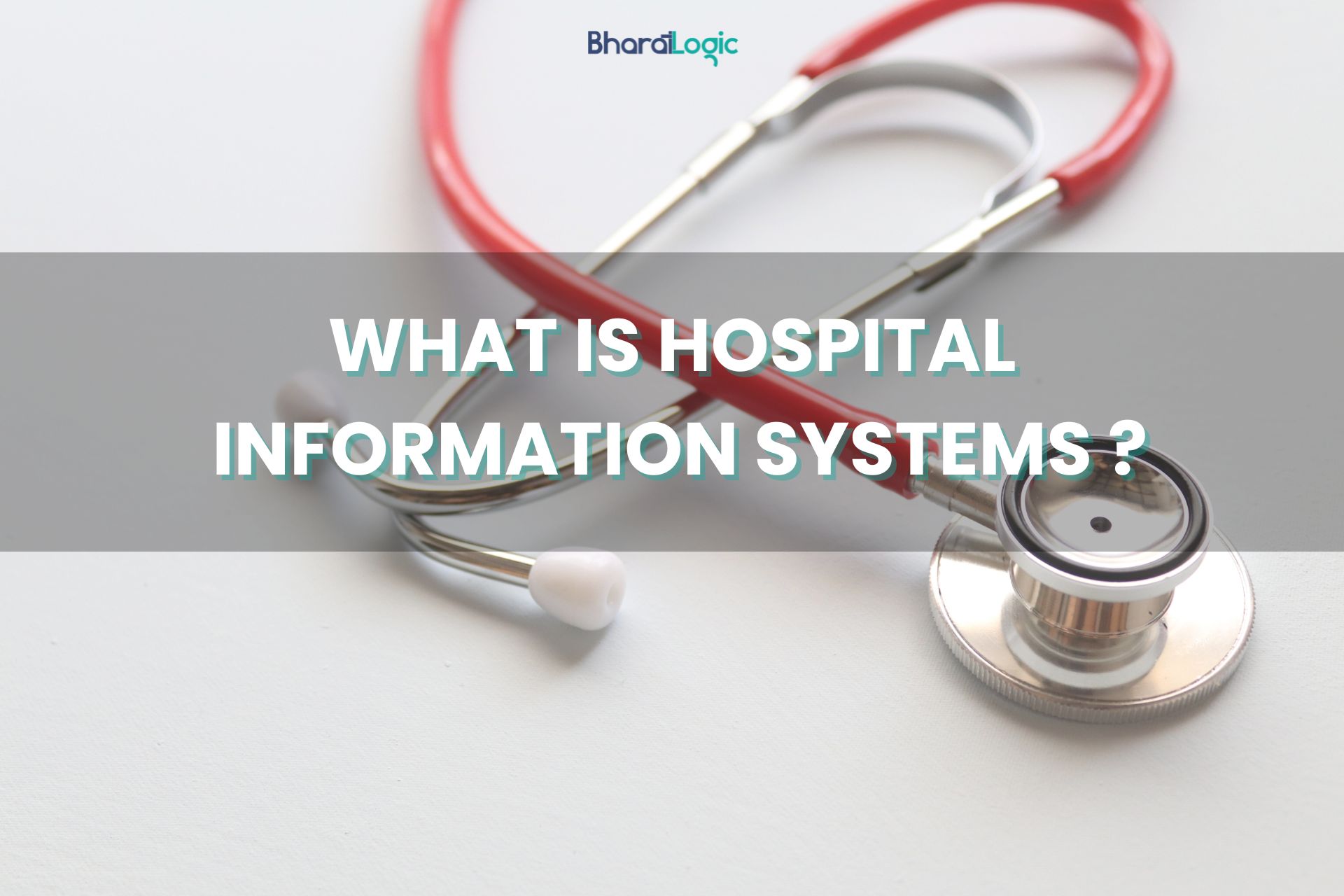
A hospital information system is a type of healthcare information system that is designed to manage all aspects of a hospital’s operations, from patient registration and scheduling to billing and reporting. An HIS is typically made up of several modules, each of which is designed to address a specific aspect of hospital operations. Some common modules of an HIS include:
1. Electronic health records (EHR) – A module that allows healthcare providers to store and access patient medical records electronically.
2. Clinical decision support – A module that provides clinicians with real-time information and recommendations to help them make better decisions.
3. Revenue cycle management – A module that helps hospitals manage their financial operations, including billing and coding.
4. Inventory management – A module that helps hospitals track and manage their supplies and equipment.
Optimizing Patient Care Operations
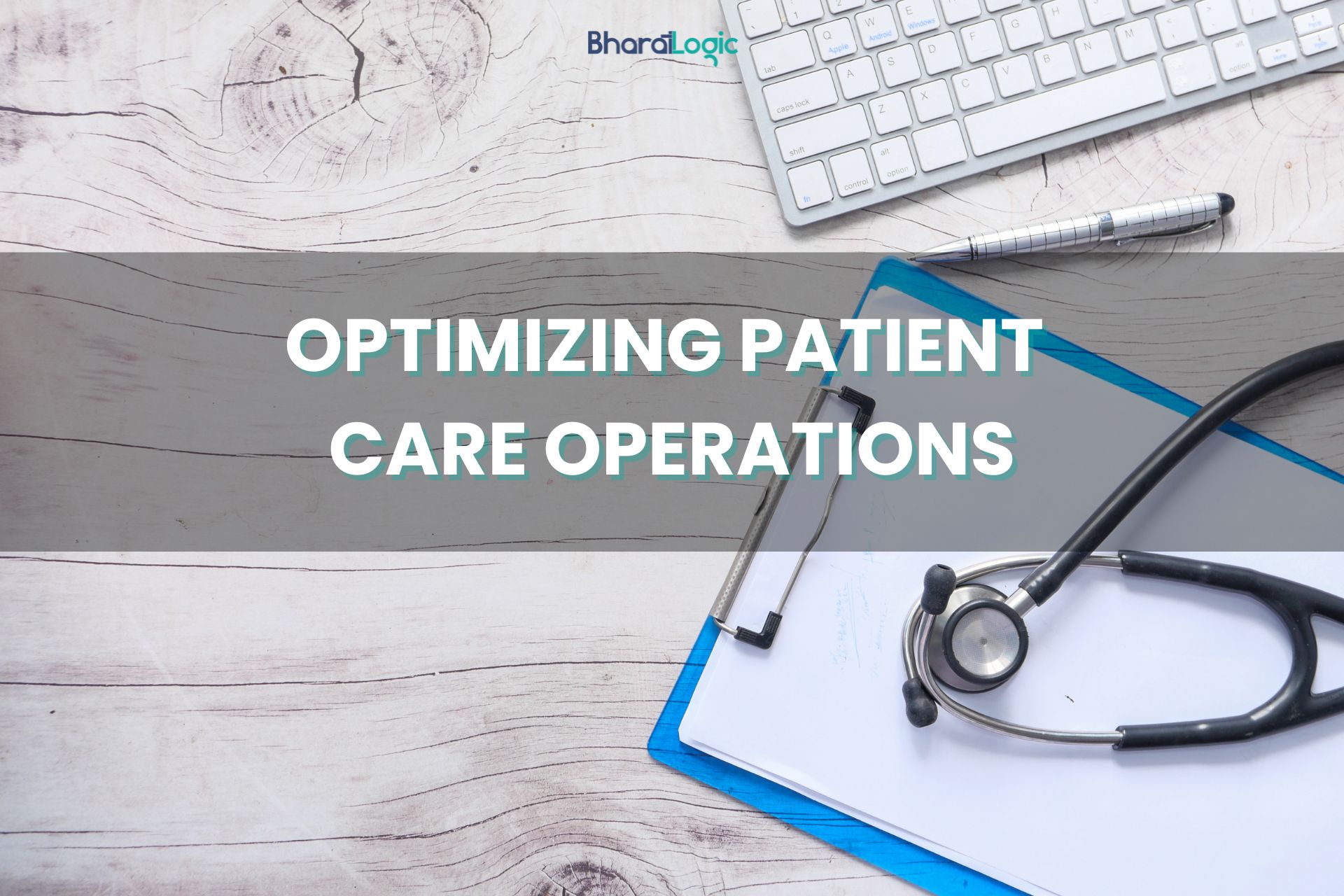
One of the primary benefits of an advanced HIS is the ability to optimize patient care operations. By streamlining processes of patient data management and providing clinicians with real-time information, an HIS can help hospitals provide more efficient and high-quality care to patients.
Here are some ways that an HIS can optimize patient care operations:
1. Streamlined scheduling and registration – The platform can help hospitals improve the efficiency of their scheduling and registration processes by allowing patients to schedule appointments online, view wait times, and complete paperwork electronically. This can help reduce wait times and improve patient satisfaction.
2. Improved care coordination – This can help hospitals improve care coordination by providing clinicians with real-time access to patient information, including medical history, test results, and medication lists. This can help ensure that all members of the care team are on the same page and working together to provide the best possible care to patients.
3. Enhanced medication safety – This help hospitals improve medication safety by providing clinicians with real-time access to drug information, including dosing guidelines, contraindications, and potential drug interactions. This can help reduce medication errors and improve patient outcomes.
4. Better patient monitoring – This can help hospitals better monitor patients by providing clinicians with real-time access to vital signs, test results, and other important information. This can help clinicians identify potential issues early and intervene quickly to prevent complications.
5. Streamlined discharge planning – It help hospitals streamline their discharge planning processes by providing clinicians with real-time access to patient information, including discharge instructions, follow-up appointments, and medication lists. This can help ensure a smooth transition for patients as they leave the hospital.
Improving Operational Efficiency
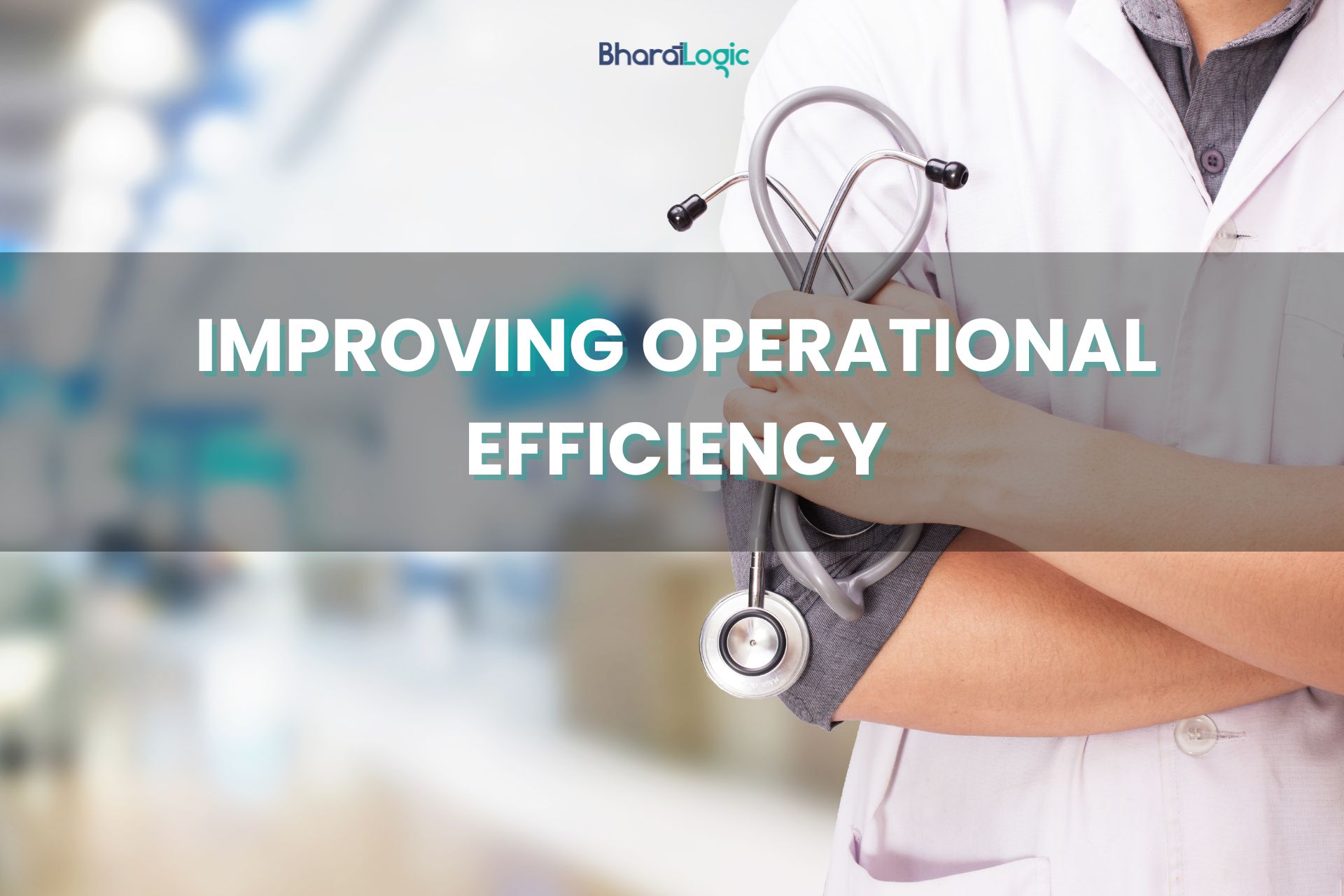
In addition to optimizing patient care operations, an advanced HIS can also help hospitals improve their operational efficiency. By streamlining patient scheduling processes, reducing paperwork, and providing real-time data, an HIS can help hospitals operate more efficiently and cost-effectively. Here are some ways that an HIS can improve operational efficiency:
1. Automated documentation – An HIS can help hospitals reduce the amount of time spent on paperwork by automating documentation processes. This can help clinicians spend more time with patients and less time on administrative tasks.
2. Improved revenue cycle management – An HIS can help hospitals improve their revenue cycle management by streamlining billing and coding processes. This can help hospitals reduce claim denials, improve cash flow, and maximize reimbursement.
3. Enhanced supply chain management – An HIS can help hospitals improve their supply chain management by providing real-time access to inventory levels, tracking usage patterns, and automating reorder processes. This can help hospitals reduce costs, minimize waste, and ensure that they have the supplies they need when they need them.
4. Data analytics – An HIS can help hospitals improve their decision-making by providing real-time access to data and analytics. This can help hospitals identify trends, track performance metrics, and make data-driven decisions to improve operations.
5. Standardized processes – An HIS can help hospitals standardize processes and ensure compliance with regulatory requirements by providing built-in workflows, templates, and guidelines. This can help hospitals reduce errors, improve quality, and provide consistent care to patients.
Conclusion
The advanced hospital information system can help hospitals optimize their care operations by streamlining patient scheduling processes, improving patient care, enhancing operational efficiency, and providing real-time data and analytics. By investing in an HIS, hospitals can improve patient outcomes, reduce costs, and provide high-quality care to patients. It is important for hospitals to carefully evaluate their needs and select an HIS that aligns with their goals and objectives in order to fully optimize their care operations.
Let our software development expert guide you as we work together to implement a specialized solution designed to perfectly cater to your specific needs. Since Bharatlogic is a leading native and cross-platform software development company you can rely on for your upcoming projects.

